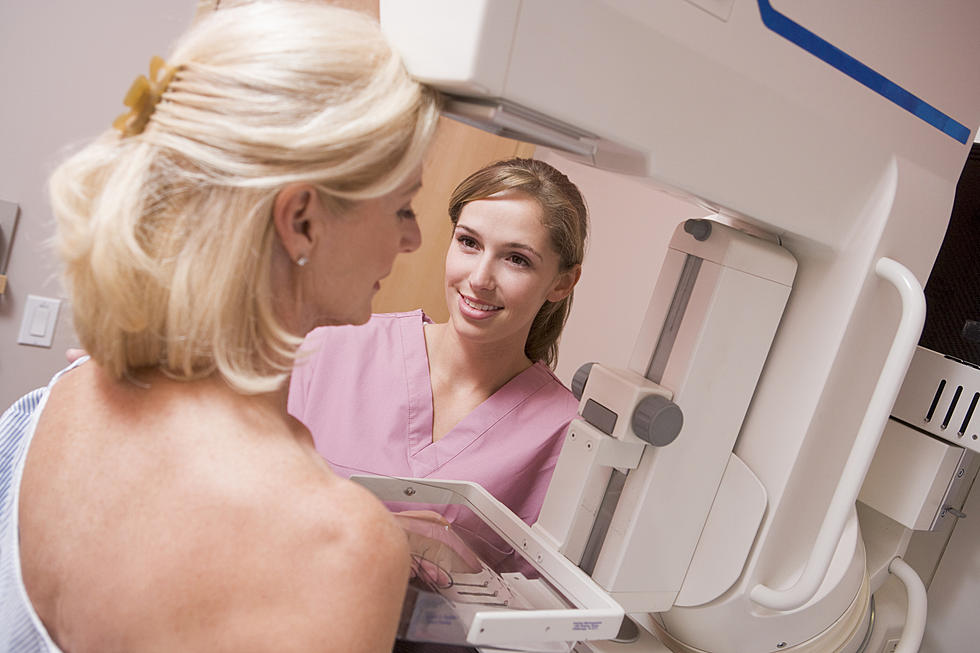
Princeton Radiology Answers: Will the COVID-19 Vaccine Affect Your Mammogram?
As COVID-19 vaccination rates increase and pandemic-related restrictions ease, people who may have allowed important medical needs to lapse are getting back on track with their care. This includes annual mammograms, a vitally important early detection tool that has resulted in today’s high survival rates for early-stage breast cancer. According to the National Cancer Institute, mammograms have returned to nearly pre-pandemic levels.
However, news about lymph-node enlargement—a common, temporary vaccine side effect that patients may perceive as swelling or discomfort in the armpit area—has confused some women about when to have mammograms if they are recently vaccinated or plan to be vaccinated soon.
Princeton Radiology, a regional leader in the diagnosis and treatment of disease, has expertise in breast cancer screening that can lend clarity to the situation.
According to Christopher Ananian, M.D., of Princeton Radiology, if you are a woman age 40+ (or possibly even younger if you are known to be at high risk for breast cancer), there are two key points to understand:
- Regardless of vaccine status, the best choice is to have your annual mammogram on time, as recommended by your primary care or gynecology provider.
- If enlarged lymph nodes show on a mammogram, physicians can evaluate them in the context of knowing the side and timeframe of recent vaccination. Most cases are completely benign, however if warranted, follow-up assessment may be recommended to ensure lymph nodes return to normal size, sometimes taking as long as 6–8 weeks to completely resolve.
With those points in mind, the ideal, according to Princeton Radiology, is to schedule a mammogram before an expected vaccination. If that is not possible, the second-best option is to schedule the mammogram about 4–6 weeks after vaccination—but only if that does not delay the mammogram beyond the recommended timeframe.
A delayed mammogram may give otherwise very treatable early-stage cancers time to grow and spread, making treatment more difficult. With early detection, breast cancer treatment is nearly 100% successful, so having mammograms on time is paramount.
If that means scheduling shortly after a vaccination, Princeton Radiology recommends that you do so. Tell the mammogram technologist (1) that you were vaccinated recently and (2) which arm was injected, so that any abnormal lymph nodes can be properly evaluated.
Princeton Radiology adds that, regardless of vaccine status, you should always see your doctor if you feel a new lump in or near a breast. Beyond that, the recommendation for better breast health is easy to follow: early detection saves lives, so schedule your annual mammogram at the time your provider recommends.
More From 94.5 PST









